old edition cast
France
circa 1890
height 15,8 cm
A similar model reproduced in "Emmanuel Fremiet - La main et le multiple", Exhibition at the Museums of Fine Arts of Dijon and Grenoble, 1988, page 80, n°S.36.
our web catalog link :
https://galerietourbillon.com/fremiet-emmanuel-chien-terrier-assis/
Galerie Tourbillon : Free valuation - Buy and Sell at best prices
Biography :
Emmanuel Fremiet (1824-1910) was the nephew and pupil of sculptor François Rude. Alongside his monumental works commissioned by the state, he was recognized as an excellent realistic animal sculptor. Emmanuel Fremiet devoted mainly to equestrian statues. He started as a scientific lithographer (osteology) and worked in the studio of painters from the morgue. In 1843 he sent to the Salon a "Gazelle" study preluding a prolific output. His "wounded Bear" and "injured Dog" acquired by the State for the Musée du Luxembourg in Paris in 1850. During the 1850s, Fremiet produced works on the theme of Napoleon III. He exposed bronzes representing bassets of Napoleon III, "Ravageot and Ravagode" at the Salon of 1853. From 1855 to 1859, he performed a series of military subject statuettes for the emperor. He realized the Napoleon Monument in 1868 and the one of Louis of Orleans in 1869 (Château de Pierrefonds). In 1874, Emmanuel Fremiet designed the first equestrian monument of Joan of Arc, erected on the Pyramids square in Paris, replaced with another version in 1900. During this period, he also performed "Pan and cubs" (Paris, Musée d'Orsay).
At the end of the nineteenth century, Fremiet was inspired by a new theme : the confrontation between man and beast. The news reported by the newspaper The Times that in 1880, in a Gabonese village, a bewildered and angry gorilla allegedly abducted and molested a woman, after having destroyed shacks. Moreover, the stories of explorers like Alfred Russel Wallace made articles and engravings for the newspapers, illustrating the attack of a Malaysian tracker by an orangutan. This theme inspired Fremiet several major works. "The Gorilla kidnapping a black woman" was initially refused by the jury of the Salon of 1859 and then presented behind a curtain. Another version received a medal of honor at the Salon of the Society of French Artists in 1887. This work, famous in his time, however rose a scandal because of it subject : it represented a gorilla kidnapping a naked woman, allegedly with a intent to rape her, what excited public curiosity. In the same vein, and even more remarkable was the "Orangutan strangling a wild Borneo" (1895), commissioned by the National Museum of Natural History in Paris, inspired by the stories of Wallace reported with many exaggerations by The Times. This time the animal is a male, and throttling the "wild man", he performs an act as impossible, physically and ethologically that the rape of a woman by a gorilla. But art works, and generations of visitors of the Museum where it was exposed, were horrified by the force emanating from the work.
In 1893, the Fremiet made the Velázquez Monument for the garden of the Colonnade of the Louvre Palace in Paris, and then in 1897, the statue of St. Michael slaying the dragon for the abbey of Mont Saint-Michel. Fremiet was elected member of the Academy of Fine Arts in 1892 and succeeded Antoine-Louis Barye as a teacher for Animal Drawing at the National Museum of Natural History in Paris. He was a member of the French Artists Society until 1908.
























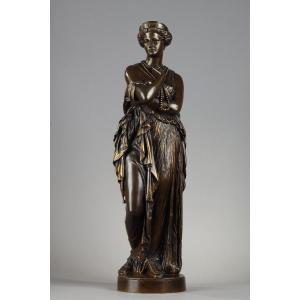

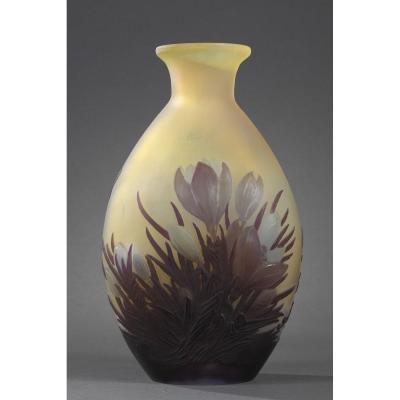


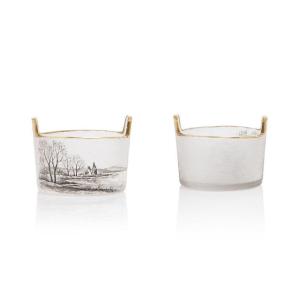
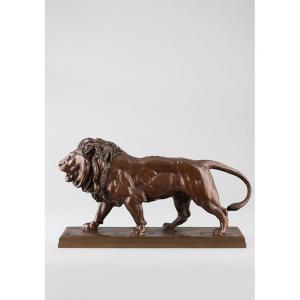


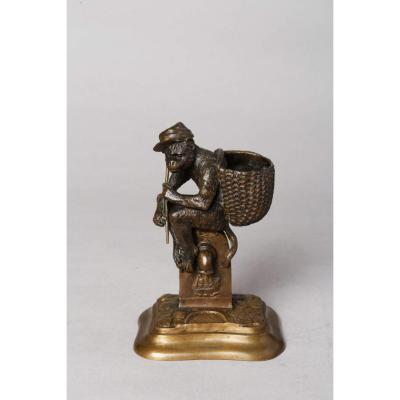

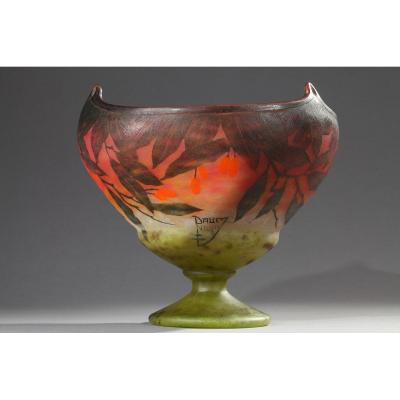


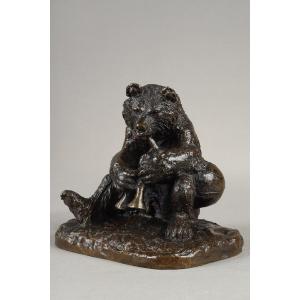
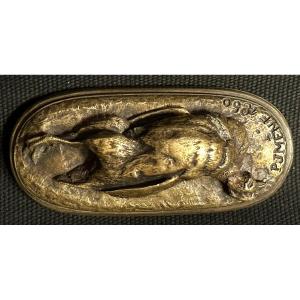



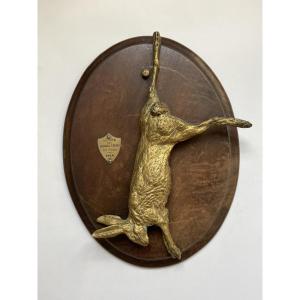



 Le Magazine de PROANTIC
Le Magazine de PROANTIC TRÉSORS Magazine
TRÉSORS Magazine Rivista Artiquariato
Rivista Artiquariato